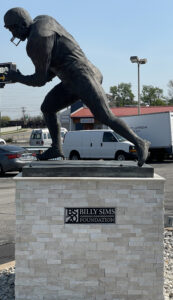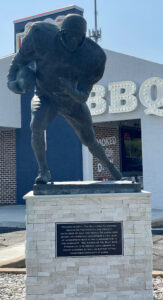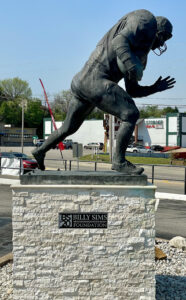Oh, New Jersey. Notable for the Joyce Kilmer Service Area…and corruption.
39 people were indicted today for their parts in what’s described as a “sweeping gambling case that was part of a two-year investigation that uncovered illegal operations in Woodland Park, Garfield, and Totowa that netted $3 million in illegal profits, the AG alleged.”
One of those people is George Zappola, who is allegedly a leader in the Lucchese Mafia family. Some other Lucchese captains and soldiers were also indicted.
Also indicted: a councilman from Prospect Park.
More:
On Wednesday, cops raided four illegal poker clubs connected to the Lucchese family, two of which were run out of the backrooms of restaurants. They also searched a business in Paterson that was storing gambling machines and the homes of seven people who were allegedly managing the gambling operation.
The raid led officials to discover more poker clubs and dozens of people who hosted poker games, worked at the clubs, or managed bettors on an illegal online sportsbook on sites outside the US, Platkin said.
…
The websites allowed the mobsters to use the internet and technology to carry out the same criminal activities La Cosa Nostra had been doing the old-fashioned way since the 19th century, Platkin said.
Shah is charged with racketeering, conspiracy to promote gambling and money laundering and other charges for which he could face up to 20 years in prison if convicted on the top charge.
This seems simultaneously small-time and stupid. How much money can there be in the “rake” from poker games? And with the existence of actual real sportsbooks that advertise constantly on television, who uses a Mob sportsbook? People who can’t get an account with a legal one? What percentage of the market is that?




